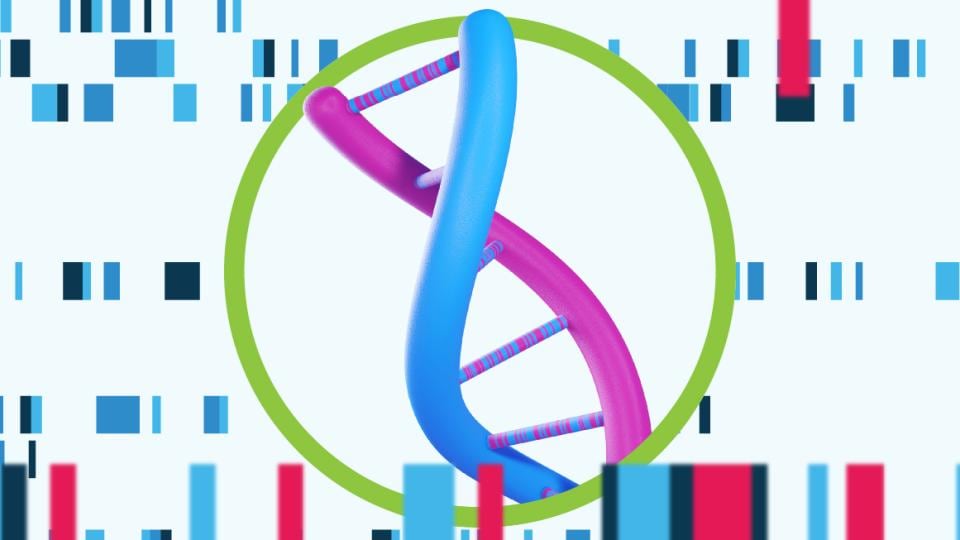Healthy Food for a Healthy Heart

Like any muscle, the heart needs to be exercised, given nutrition and rest, and protected from toxins. We spoke to Anna Wilkes, a qualified nutritionist who works with members of the TSV Bayer 04 Leverkusen squad and collaborates on projects with the "Olympiastützpunkt Rheinland" and the Sport University Cologne, on what kinds of food help maintain a good cardiovascular system.
What kind of nutrients does the body need for the cardiovascular system to function properly?
Our bodies need a bit of everything to keep the cardiovascular system working properly. Eating in moderation and having a balanced diet, rather than focusing on individual nutrients, helps ensure the entire system works as a whole.
Cardiovascular diseases are typical lifestyle diseases, which have now become the most frequent causes of death. That’s sad because these are ‘diseases of affluence’ that coincide with a widespread trend of overeating and malnutrition. Very few people are aware that when the damage has already been done and the heart and blood vessels have been affected, the treatment options are limited. That is why prevention is so important, and this is where everyday eating habits play a fundamental role.
What types of foods can produce a beneficial effect on the cardiovascular system? Are there certain types of diets that we could follow to help keep our heart and cardiovascular system healthy?
You are what you eat!
If you really want to do something for your heart’s health, you shouldn’t spend your money on low-quality foodstuffs such as highly processed ready-made meals, but on fresh food items that still have life in them.
Natural “fast food” such as fresh fruit and vegetables, nuts and dried fruit provides energy and roughage, not to mention vitamins and mineral substances. Cold-pressed olive oil or walnut oil and saltwater fish rich in fat (twice a week) contain unsaturated fatty acids that prevent heart problems.
Wholegrain products offer a source of complex carbohydrates and we should drink at least 1.5 liters of liquid a day – ideally water or unsweetened tea – to provide the body with enough fluid.
A healthy diet isn’t rocket science. It’s quite simply centered around nature.
Are there particular types of foods that are known to have a negative impact on the cardiovascular system? How can a lack of nutrients affect your cardiovascular health?
A large number of the foodstuffs we eat are made from highly processed raw materials such as white flour, hardened fats and denatured protein. The processing causes the quality of nutrients such as carbohydrates, fats and proteins to drop massively because vital substances such as vitamins, enzymes and secondary phytochemicals are lost as a result.
This has a negative effect on our health and performance. You just cannot expect the body to create a highly efficient system from poor quality building materials.
What’s more, an excessive consumption of carbohydrates can, among other things, lead to inflammation in the body, for example on artery walls.
Another example is the use of salt, sugar, various preservatives, colorants and flavor enhancers, which also negatively influences our health.
If you look at our shopping habits, it is unbelievable how much money our society, which has round-the-clock access to genuinely healthy food, spends on harmful products such as numerous ready-made meals. It’s remarkable how the body works and what it can do despite being provided with a selection of foodstuffs of questionable quality – in the short term, at least. In the long run, it will suffer.

Are there any cardiovascular ‘superfoods’?
No one food product alone can provide us with optimum nutrition.
Ideally, we should follow a diet rich in plant-based nutrients so that, in addition to carbohydrates, fats and proteins, our bodies also have access to readily available vitamins, minerals, enzymes and secondary phytochemicals – in natural concentrations. Our bodies take what they need, but it’s up to us to offer it to them.
What are the most common misconceptions people have about certain foods and heart health?
Fats still have a bad reputation and yet they’re so important and useful.
The key lies in choosing the right ones. Valuable Omega-3 fatty acids – like those found in cold-pressed vegetable oils (linseed oil, hempseed oil), saltwater fish rich in fat (salmon, herring, cod), walnuts and almonds – lower blood pressure and cholesterol levels and have a positive effect on blood lipids.
Healthy fat improves heart health, reduces chronic inflammatory processes and boosts resistance. Every cell in our body needs fat to function. The better the fat in the foods we eat, the better and more effectively cells can work, which in turn makes the entire system healthier.
In this context, I like to use an example from the automotive industry. If you put diesel in a gasoline car, you will ruin the motor. You need to be careful about what fuel you provide your body to make sure it can function perfectly.
Would a mostly vegetarian or vegan diet improve cardiovascular health?
In principle, I believe a mainly plant-based diet is good for your health. Yet the pickier you are about what you consume, for whatever reason that may be, the more important it is to look closely at your everyday eating habits.
Since vegetarians go without nutrients from meat and vegans forgo any animal products whatsoever, they must compensate for this to avoid developing deficiencies and the associated symptoms. This takes a certain amount of effort, of course. For example, you need to find alternative plant-based sources of protein or even think about taking food supplements.
Can you suggest one change that people could make to their diet to improve their cardiovascular health?
Keep it simple! Especially these days, when everything is getting faster and faster and our everyday lives are putting us under enormous strain, we need to remember that nature has actually made it pretty easy for us.
a. Opt for fresh seasonal fruit and vegetables from your local region.
Eat nuts and dried fruit rather than industrially produced snacks and nibbles.
b. Choose wholegrain products rich in dietary fiber (bread, pasta, rice), which fill you up much more than their white flour alternatives.
c. Rather than fatty sausages, go for meat products from animals reared under organic, appropriate conditions where you can still make out the muscle fibers.
d. Buy good-quality fats and avoid hardened fats such as hardened palm or coconut oil, which is contained in many ready-made products.
e. Be aware of what you eat and enjoy food in moderation. This also takes strain off the body, as it doesn’t constantly have something to digest.
Another recommendation I also like to give to athletes is to drink fresh vegetable juices and green smoothies. Drinking your veggies can make day-to-day life easier and help make up for lost time.





















